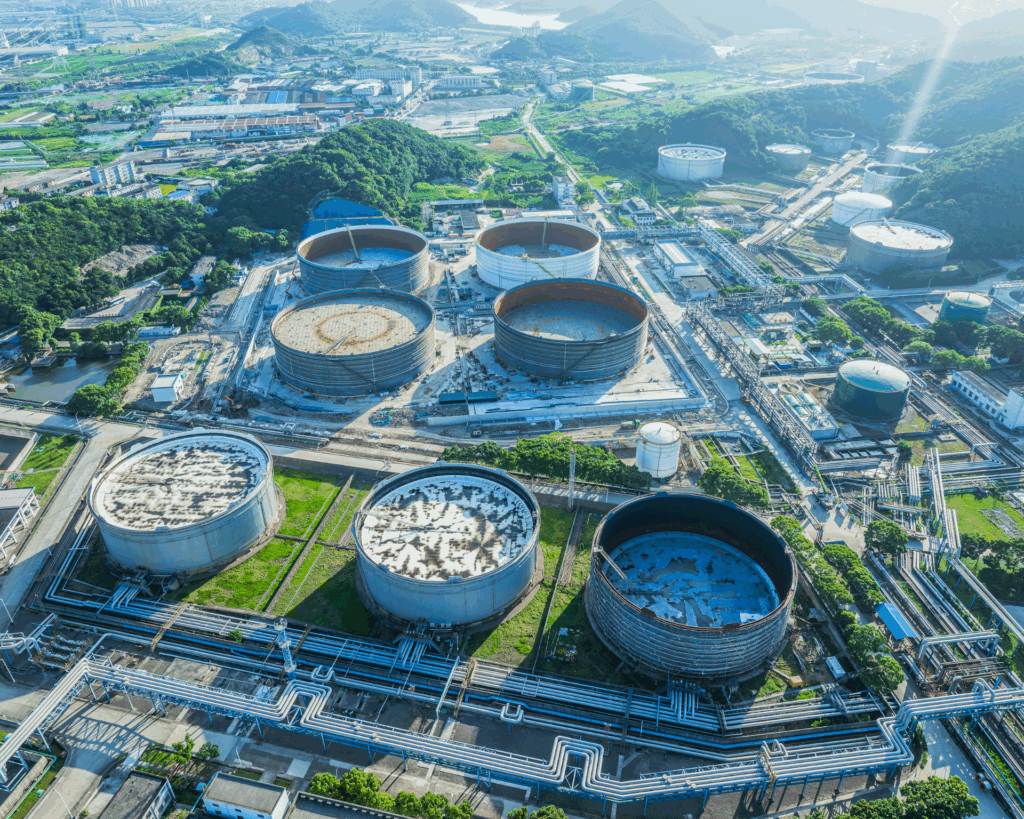Turning the Tide
A functioning global ocean is essential to maintaining the ecosystems that support human life.

Read Time: 3 minutes
Published:
As the camera pans up, shades of blues dance across the screen accompanied by impressive images of exotic ocean creatures and the occasional plastic-filled whale. The audience is lulled by the cadence of scored orchestral music and David Attenborough’s calm and steady narration. The second iteration of Blue Planet artfully tells one side of a story: human behavior harming ocean health. Healthy oceans provide many benefits; but the damage we do to marine eco-systems harms us too.
Almost half of the world population and most of the world’s major cities are located along coasts. The positive and negative interactions between ocean health and human health are illustrated in the diagram below.

Over four million people depend on the ocean as a major food source. Aquatic plants and animals provide essential nutrients for humans. And three billion people depend on ocean-based industries for their livelihoods. Living close to the ocean contributes to human wellbeing. “Blue” space has been shown to have mitigating effects on stress and mental health. Oceans regulate mild climates and provide recreation and relaxation activities. Compounds harvested from the ocean are the basis of novel medicines. A functioning global ocean is essential to maintaining the ecosystems that support human life.
Coastal waters can also harm human health. Contaminated waters can increase exposure to toxic algal blooms and resistant bacteria – both of which have large impacts on human health. Over 250 million cases of the gastrointestinal and respiratory infections come from swimming in polluted waters. Coastal communities are vulnerable to natural disasters.
Current human impacts create challenges for ocean sustainability. Population growth continues to put increased strain on ocean ecosystems through food demand and industrial practices. Changes in the environment reduce marine productivity. Inequities in the distribution of marine resources will continue to increase global inequities.
Covid-19 has highlighted how critical planetary health is for human health. We have entered the Decade of Ocean Science – denoted by the UN to support ocean research that complements sustainable development goals (SDG). Yet, ocean science is largely missing from the public health conversation. Kirsty Nash and team argue that the balance between undesirable and desirable interactions with the ocean environment produce feedback loops that can perpetuate negative human consequences and ocean damage.
The researchers outline an action pathway of ocean stewardship and management that would achieve far more progress on the SDG than our current policies. Increasing local citizen science opportunities, shifting to a circular economy (a model of production and consumption that prioritizes waste reduction and sustainable use of natural resources), tapping into offshore marine resources including renewable energy (like wind farms) and aquaculture, and implementing regulatory policy can all help prioritize ocean sustainability.
Some concrete action steps include, in the short-term, integrating ocean health into academic disciplines, industry, and government through awareness and education campaigns. In the long term, the authors propose implementing incentives and regulations to spur large-scale individual and industrial behavior changes to drive more sustainable practices.
Researcher Lora Fleming further argues that the importance of the ocean on health means that the responsibility of achieving success during the Ocean Decade falls on more than just the ocean research community. If attained, perhaps Blue Planet 3 will tell the story of symbiotic growth and well-being for both humans and the global ocean.
Figure via Nash, Kirsty L et al. Oceans and society: feedbacks between ocean and human health. Reviews in fish biology and fisheries, August 2021.
Photo via Getty Images



